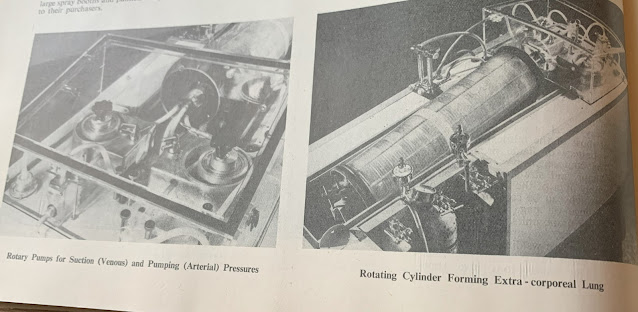 |
| Hugh Keenleyside (High Arrow) Dam, Castlegar, British Columbia |
Renata, British Columbia, is a lost town on the right bank of the Columbia River in the 232km stretch from Revelstoke to Castlegar, where it forms the Arrow Lake, or Lakes, in dry years. It might seem like cheating to call a river a lake, but the Okanagan River runs through Okanagan Lake, and Nakusp is the next Kelowna. (That's a joke for all you BCers out there.) Most of Renata (there's a bed and breakfast or two still operating in the upper reaches of the former townsite) was quickly flooded out by the rising waters of the Lake after the Keenleyside Dam was completed on 10/10/68. As an isolated farming community still mainly populated by the Mennonite farmers the railway originally suckered into settling there fifty years before, Renata wasn't much missed, any more than the other small communities similarly affected. Although when Nakusp real estate goes for as much as Kelowna's that lost waterfront property will be the subject of much speculation. (Doubling down on the joke.)
Since we're currently visiting old Renata and witnessing the Eisenhower Administration's bumbling approach to hydroelectric and related hydraulic control issues, I thought this might be a good time to talk about the Columbia River Treaty, so the reader will know what the heck I am talking about.
Also, considering how insane the Eisenhower Administration has turned out to be so far, on this issue and so many others, I wanted to poke around the Internet and find out, "Why now?" Well, now I know, and the answer is pretty typical of the actual record of the Infrastructure President, in that he didn't actually do fuck all except get in the way.


